Search
Remove Ads
Advertisement
Summary 
Loading AI-generated summary based on World History Encyclopedia articles ...
Search Results
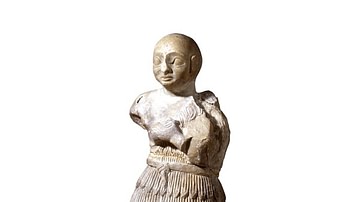
Definition
Early Dynastic Period (Mesopotamia)
The Early Dynastic Period of Mesopotamia is the modern-day archaeological term for the era in Mesopotamian history – 2900-2334 BCE – during which some of the most significant cultural advances were made including the rise of the cities, the...
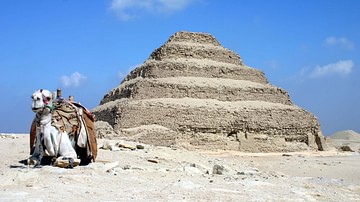
Definition
Early Dynastic Period In Egypt
The Early Dynastic Period in Egypt (c. 3150 - c. 2613 BCE) is the beginning of the historical era of the country during which the regions of Upper Egypt (south) and Lower Egypt (north) were united as one country under a centralized government...
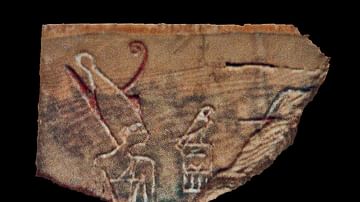
Article
The Five Great Kings of Egypt's Early Dynastic Period
Egypt's Early Dynastic Period (3150-2613 BCE) lay the foundation of what would become one of the most impressive civilizations of the ancient world. The kings of this era, except for Narmer and Djoser, are often overlooked but were responsible...
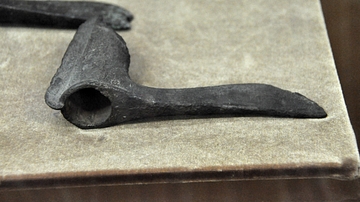
Image
Shaft-Hole Axe from Early Dynastic Period
This shaft-hole axe dates back to the early dynastic period,2800-2350 BCE, Mesopotamia, Iraq. (The Sulaimaniya Museum, Iraq).

Video
Early Dynastic Mesopotamia | Ancient Documentary | The Sumerian and Akkadian Empires.
The Early Dynastic Period of Mesopotamia is the modern-day archaeological term for the era in Mesopotamian history — 2900-2334 BCE — during which some of the most significant cultural advances were made including the rise of the cities, the...
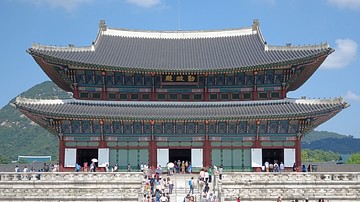
Definition
Early Joseon Period
The Early Joseon Period (1392 - c. 1550 CE) in Korea was bookended by internal power struggles but witnessed major scientific and societal advances and prosperity. The Joseon (Choson) Dynasty ruled Korea from 1392 CE to 1897 CE, and scholars...

Article
The Early Three Kingdoms Period
The Early Three Kingdoms Period in ancient China, from 184 CE to 190 CE for the purposes of this article, was one of the most turbulent in China's history. With an ailing Han government unable to control its empire, brutal localised wars...

Definition
Predynastic Period in Egypt
The Predynastic Period in Ancient Egypt is the time before recorded history from the Paleolithic to the Neolithic Age and on to the rise of the First Dynasty and is generally recognized as spanning the era from c. 6000-3150 BCE (though physical...
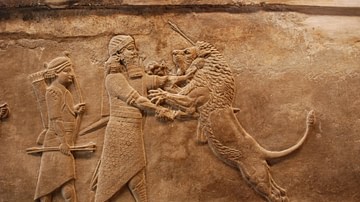
Definition
Mesopotamia
Mesopotamia (from the Greek, meaning 'between two rivers') was an ancient region located in the eastern Mediterranean bounded in the northeast by the Zagros Mountains and in the southeast by the Arabian Plateau, corresponding to modern-day...

Article
Trade in Ancient Mesopotamia
Local trade in ancient Mesopotamia began in the Ubaid Period (c. 5000-4100 BCE), had developed into long-distance trade by the Uruk Period (c. 4100-2900 BCE), and was flourishing by the time of the Early Dynastic Period (2900-2334 BCE). Developments...